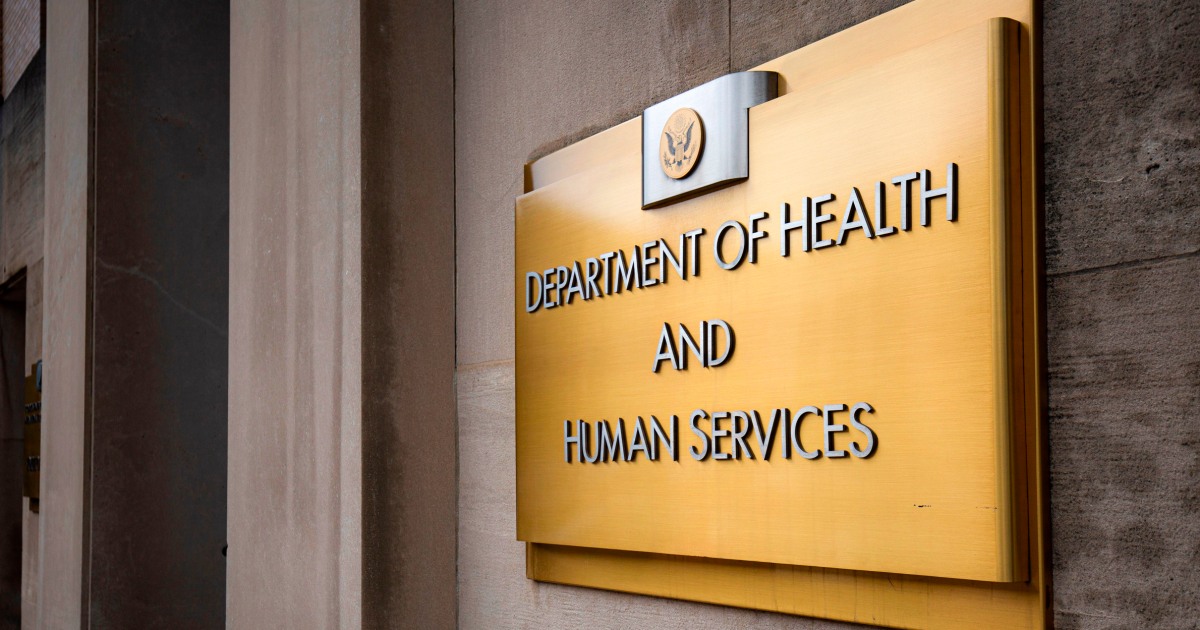Asunción, July 17, 2025 (PAHO) – Paraguay has officially joined the Alliance for Primary Health Care in the Americas, a regional initiative led by the Pan American Health Organization (PAHO), the World Bank, and the Inter‑American Development Bank (IDB). The Alliance aims to strengthen investment and expand health access across the region.
As part of this commitment, Paraguay’s Ministry of Public Health and Social Welfare (MSPyBS) signed the founding agreement for the Primary Health Care Advisory Council. This council will serve as a platform to jointly address inequities in health access, advance toward universal coverage, and tackle emerging challenges such as climate change and demographic and epidemiological transitions.
“This is a day of profound significance for our health system. With the establishment of the Primary Health Care Advisory Council, we embrace this commitment with seriousness and optimism, because transforming our health system requires unity and collaboration,” said Minister of Health, Dr. María Teresa Barán Wasilchuk. “We have strategic partners whose expertise and support are essential to providing excellence to the people of Paraguay, and this forum will help align investments in health around a primary-care approach,” she added.
Participating remotely from PAHO’s Washington, D.C. headquarters, PAHO Director Dr. Jarbas Barbosa remarked, “Paraguay is taking a landmark step. This Council will guide investment decisions, improve spending efficiency, and ensure every action contributes toward national health goals. We applaud Paraguay’s commitment to this transformative vision.”
World Bank Resident Representative in Paraguay Harold Bedoya; IDB’s Paraguay Office Head of Operations Manuel Fernandini Puga; Counselor of Paraguay’s Mission to the Organization of American States (OAS) Ana Sandoval; and PAHO/WHO Interim Representative in Paraguay, Dr. Haydee Padilla, also participated in the ceremony.
Through this new coordination forum, Paraguay will promote institutional collaboration, knowledge sharing, and the implementation of innovative policies to strengthen its health system. The primary-care focus is designed to ensure a more equitable, resilient, and sustainable health system for all.
“Protecting Paraguay’s human capital—by investing in population health—not only helps reduce disease burden but also fuels economic growth. We at the World Bank recognize primary health care as essential for achieving universal coverage. This Alliance aligns with our efforts to strengthen primary care networks and ensure access to quality services for everyone,” commented Harold Bedoya.
Javier Guzmán, Head of Health, Nutrition, and Population at the IDB, added: “Strengthening primary health care is a strategic bet on the sustainability of health systems. The IDB supports Paraguay in this endeavor with a long-term vision, promoting innovative management models that can be replicated across the region.”
This Advisory Council will help position primary health care at the core of Paraguay’s health system—aligned with the National Development Plan Paraguay 2030, the 2015–2030 National Health Policy, the MSPyBS Institutional Strategic Plan 2024–2028, and the 2030 Agenda for Sustainable Development.
About the Alliance for Primary Health Care in the Americas
Launched in December 2023 by PAHO, the IDB, and the World Bank, the Alliance aims to strengthen investment, innovation, and policy implementation to transform health systems in the region—with a strong focus on primary health care. Paraguay becomes the fourth country to formally join, following the Dominican Republic, El Salvador, and Chile.
Operating through a decentralized, inclusive structure, the Alliance fosters strategic and technical dialogue among the three organizations, national health authorities, and stakeholders. It supports the development of national primary-care investment plans, provides guidance on enhancing health system resilience and capacity, and collaborates in the design and implementation of evidence-based interventions tailored to local contexts and challenges.









 English (US) ·
English (US) ·